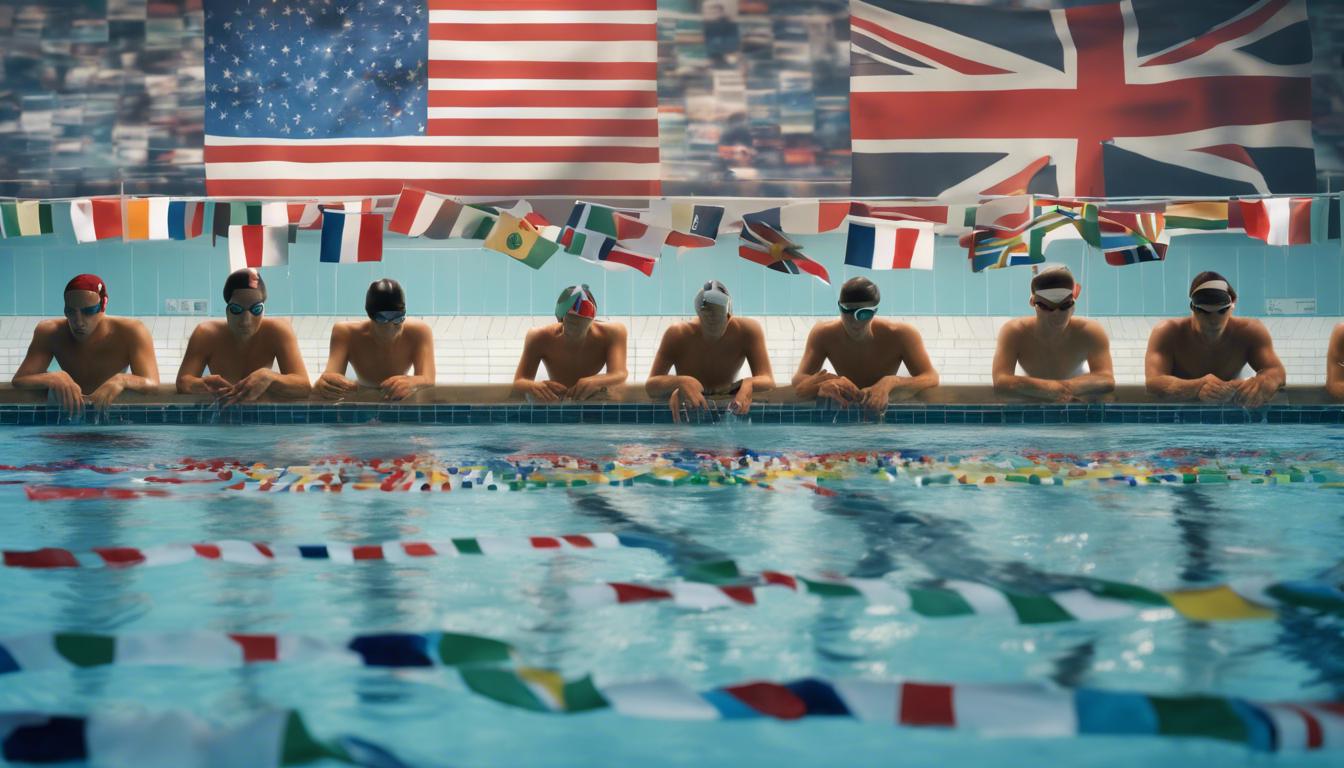The World Anti-Doping Agency has initiated an independent probe into how 23 Chinese swimmers were allowed to compete in the Tokyo 2020 Olympics despite testing positive for a banned substance, highlighting ongoing concerns over transparency in international sports.
The World Anti-Doping Agency (WADA) has launched an independent review following reports that 23 Chinese swimmers were cleared to compete in the Tokyo 2020 Olympics despite testing positive for the banned substance trimetazidine (TMZ). These allegations, initially raised during the Tokyo games in 2021, prompted various anti-doping agencies, including UK Anti-Doping (UKAD) and the United States Anti-Doping Agency (USADA), to question WADA’s handling of the case and call for greater transparency. WADA President Witold Banka announced that Swiss prosecutor Eric Cottier would lead the review, and a compliance audit of China’s anti-doping program is planned.
The controversy centers around the swimmers’ defense that the TMZ detection was due to contamination, a claim that has drawn skepticism from the global sports community. Adam Peaty, a prominent British swimmer, along with several other athletes and national bodies such as Aquatics GB, has expressed concern about the impact of such incidents on the sport’s integrity.
In separate sporting preparations, Team GB athletes gearing up for the Paris Olympics are taking additional health precautions due to concerns about water quality in the Seine, where swimming events are scheduled. The athletes will receive vaccinations for typhoid and hepatitis A, and they are planning on taking antibiotics after competing. These measures follow a report by the Surfrider Foundation, which indicated high levels of bacteria in the river. Paris officials, however, have assured that they are monitoring the situation and will make necessary adjustments to ensure the safety of all participants.
These developments underscore ongoing challenges in maintaining transparency and integrity within international sports, particularly against the backdrop of a global event like the Olympics.













